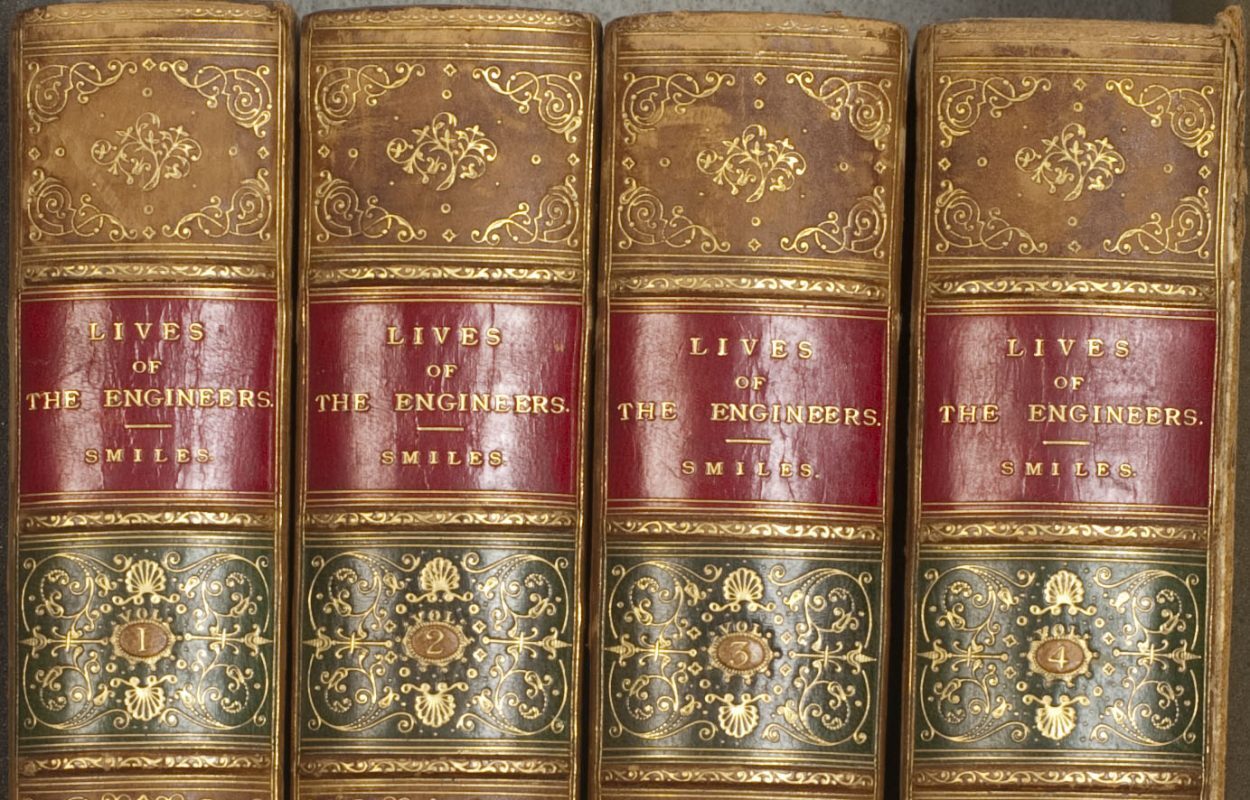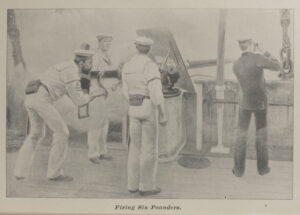The Spanish-American War was different from all of America’s previous wars: it was brief, it was fought entirely offshore, and it was, according to this book’s author, “a missionary war … the act of a great nation that, having won for itself the blessings of freedom … was generous enough and brave enough to take up the gage of battle in behalf of another people struggling to be free.” The war ended with Spain brought to its knees, and with the United States not only triumphant but in control of Puerto Rico, the Philippines, and Guam. 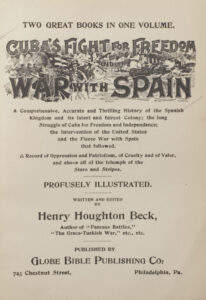
The 1898 conflict went a long way toward establishing the U.S. as an international power. But as with so many wars, this one’s origins were, and remain, controversial. Its roots can be traced to an infectious (but baseless) rallying cry – “Remember the Maine!” – and to powerful newspapers owned by powerful men who recklessly beat the drums of war in a fierce and shameless competition for readers.
The political changes wrought by America’s victory over Spain would alter the lives of countless individuals who weren’t consulted: their homelands had “belonged” to Spain; 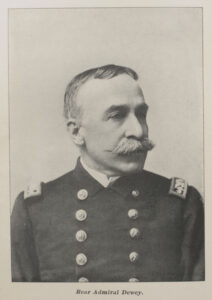 henceforth they would report to the United States.
henceforth they would report to the United States.
The war made a celebrity of Admiral George Dewey. Having already struck custom-made medals for Dewey and his men upon their victory in the Philippines, Congress found that congratulating heroes was a tough habit to break: they commissioned Tiffany’s to create a bejeweled sword and scabbard for the Admiral, as a token of the nation’s esteem.
Our book selection for 1898 is an unquestioning and entirely unrestrained celebration of a nation’s pure goodness and generosity. It was published and in readers’ hands within months of the war’s end. None of the questions that should be asked about armed conflict were pondered by Henry Houghton Beck before he went to press. His take on the Spanish-American War is as uplifting as it is simple: “Here is the story of our championship of the interests of others.” It’s a story, he 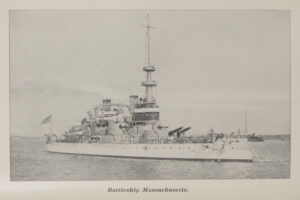 says, that is “instructive and inspiring” and is commended to the reader “for the exaltation of patriotic sentiment.”
says, that is “instructive and inspiring” and is commended to the reader “for the exaltation of patriotic sentiment.”
This volume serves, in the end, as a potent reminder that without the distance of time, it may be all but impossible to bring objectivity to the assessment of massive and violent human events.
